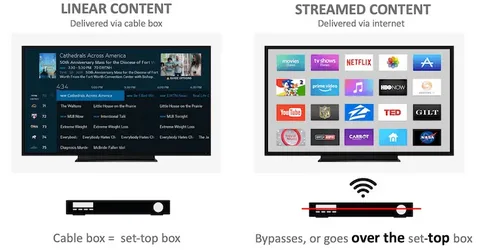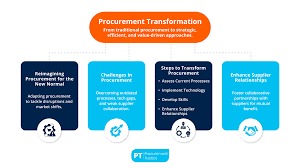Money can be a touchy topic. Most families choose to avoid financial discussions. Waiting for solutions can create additional difficulties. Small actions taken today will produce significant results in the future. The goal isn’t perfection. It’s progress. The path to progress starts right now.
Build a Strong Foundation
Start with the basics. You need to understand both your incoming and outgoing finances. Examine your financial situation by studying your income alongside your bills, debts, and savings. Writing down all financial information helps clarify the situation. That way, nothing gets overlooked.
Creating a monthly budget requires no complicated methods. It just needs to be clear. Begin by securing payment for food, housing, and transportation before moving on to other expenses. Then, look at what’s left. Can you allocate some money each month for savings? Small amounts of money accumulated throughout time create significant value.
Debt stands as an essential component of the financial situation. Getting rid of debt is not the only goal. It’s about managing it smartly. High-interest debts should be your main priority for debt repayment. Keep your commitments to a minimum level. Credit cards, together with loans, operate as financial instruments. Used wisely, they can help. Used recklessly, they can hurt.
Create a Safety Net
Unexpected things happen—a job loss, a medical emergency, a broken car. Without a backup plan, these moments can feel overwhelming. That’s why an emergency fund matters.
Ideally, save enough to cover three to six months of living expenses, but even a smaller cushion helps. Start with a goal of $500. Then, grow it slowly. Keep this money separate from regular accounts. It should be easy to access but not too easy to spend. Insurance is part of this safety net, too. Health insurance, life insurance, and even disability coverage protect the family when the unexpected strikes. It’s worth reviewing existing policies to see if they still fit current needs.
Save for the Long Term
It’s hard to think about the future when the present is busy. But long-term goals need attention, too. Retirement, for example, might seem far away. Still, the earlier the planning begins, the better. For those in the area, retirement planning in Chandler offers local families access to resources and professionals who understand their unique needs. It helps to work with someone who knows the community and can guide the process step by step.
College savings are another piece of the puzzle. Not every family can—or needs to—pay for everything, but setting aside money over time can ease the burden. Look into 529 plans or other education savings options. These accounts can grow over the years, helping kids get a solid start.
Teach Kids About Money
Children learn from watching. If they see healthy money habits at home, they’re more likely to develop those habits themselves. Make money part of everyday conversations. Keep it age-appropriate, but don’t avoid the topic. Give kids a chance to earn, save, and spend wisely. Let them make small choices and learn from mistakes. Show them the value of work and the joy of giving. Financial lessons learned young often stick for life.
Some families set up simple savings jars. One for saving, one for spending, and one for sharing. Others use apps or accounts designed for kids. The method doesn’t matter as much as the message.
Review and Adjust Regularly
Financial planning isn’t a one-time thing. It’s a process. Life changes, and so should the plan. Review it at least once a year, and check in after major life events, like a new job, a move, or the birth of a child.
This is a good time to review goals, update insurance, and make sure everything still works. It’s also a chance to celebrate progress—every step forward counts.
Some families find value in working with a financial advisor, while others use online tools. Either way, the key is staying engaged. A plan only works if it’s followed.
Conclusion
There’s no perfect time to start financial planning, but now is always better than later. Building a strong foundation, preparing for the unexpected, and thinking long-term are all part of the journey. It doesn’t have to be complicated—it just has to begin.
The steps taken today shape tomorrow. And while no one can predict the future, planning for it brings a sense of calm. A better future doesn’t just happen. It’s built one decision at a time.






